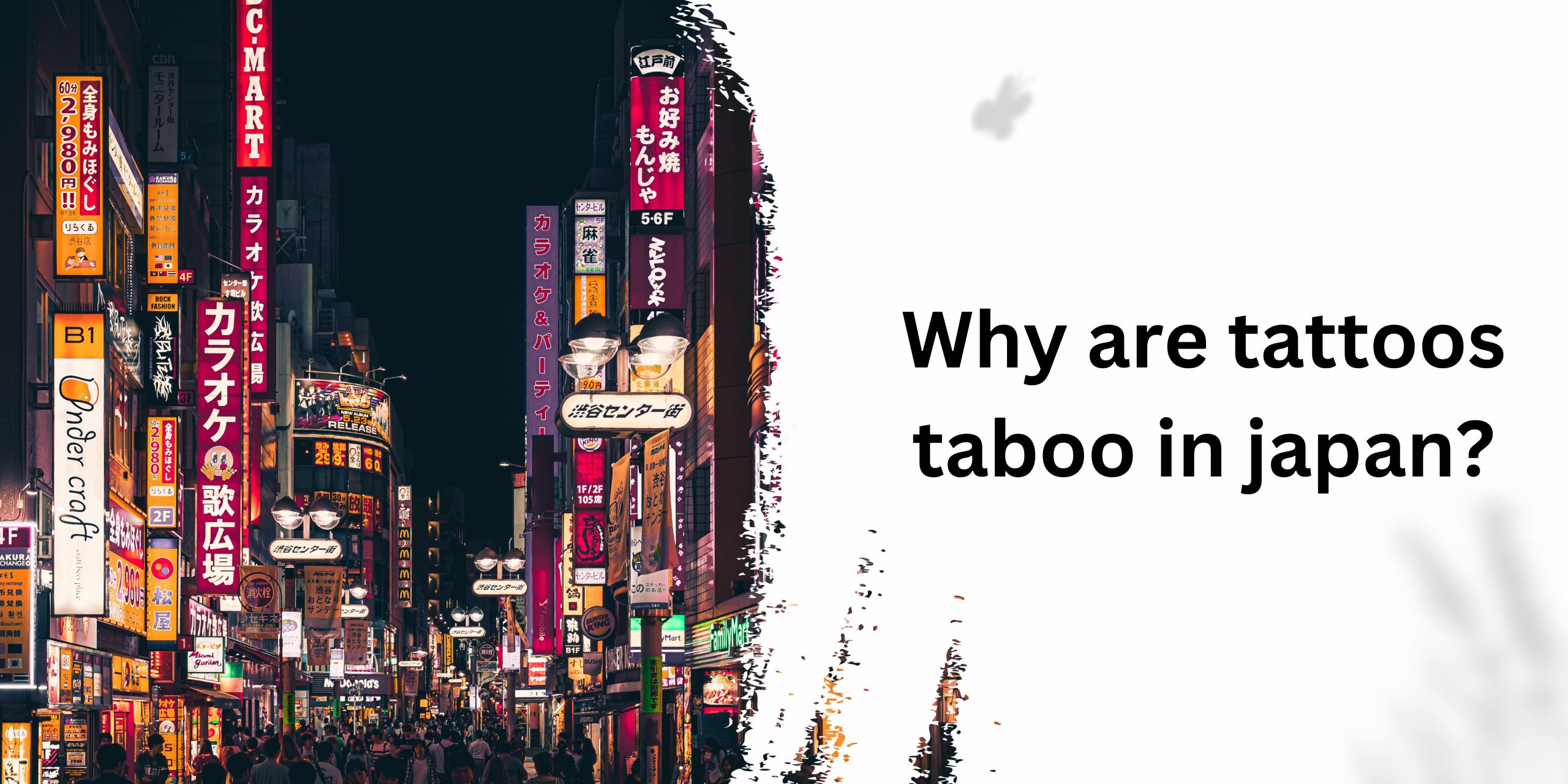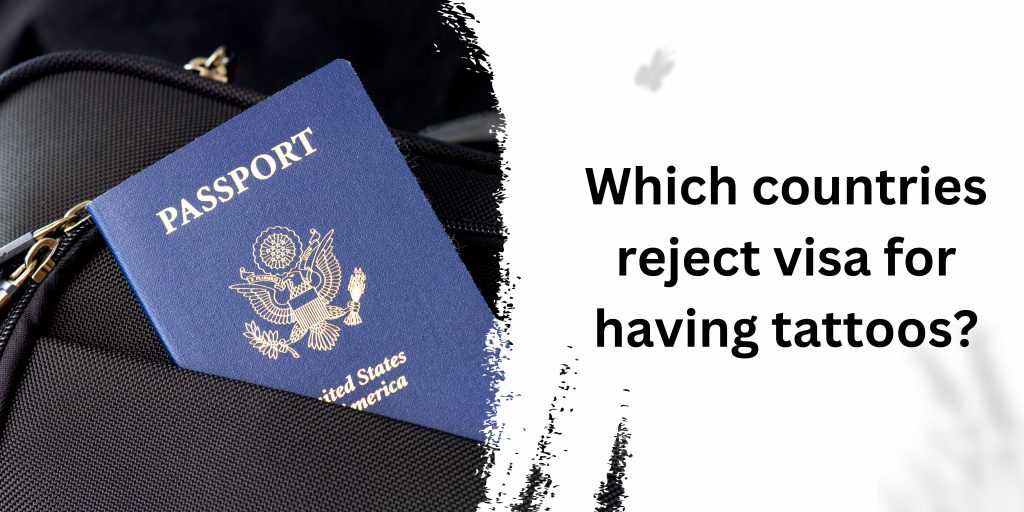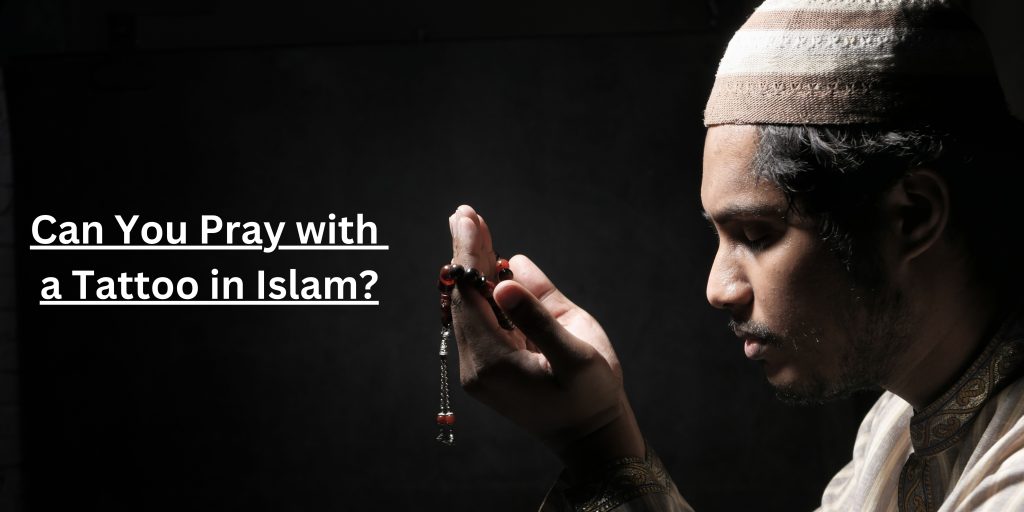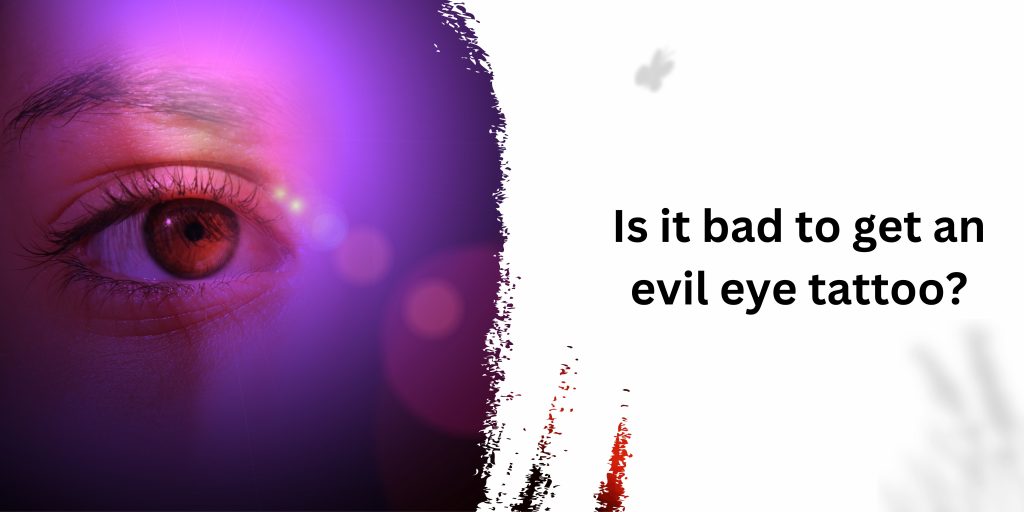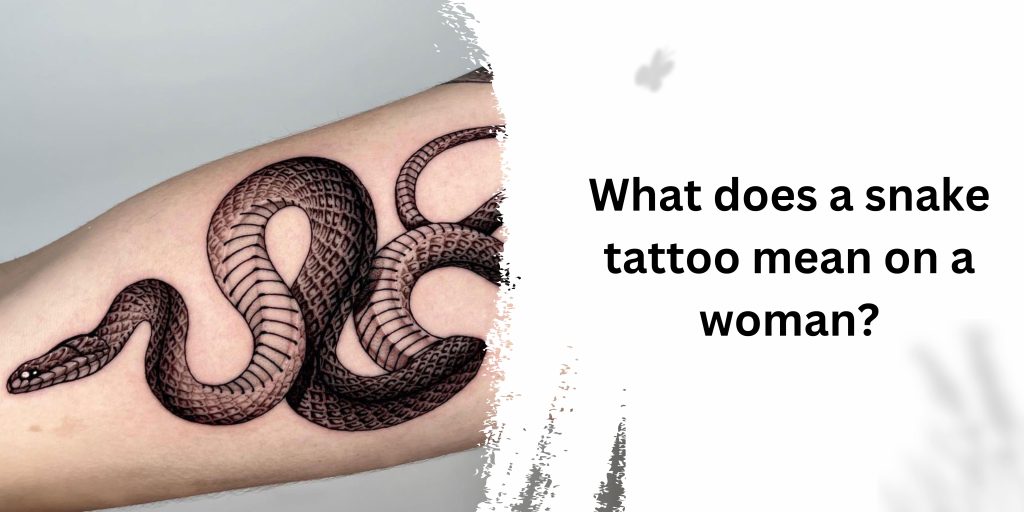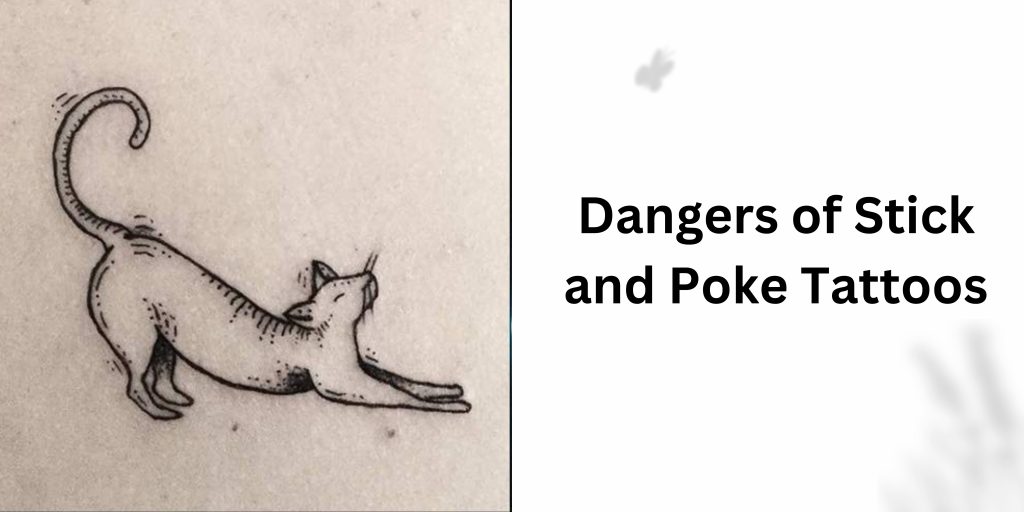Have you ever wondered why tattoos are considered taboo in Japan? This ancient land, with its rich cultural tapestry, has a complicated relationship with body ink. Join me on a journey as we unravel the fascinating story behind the stigma attached to tattoos in the Land of the Rising Sun.
Tattoo Culture in Japan
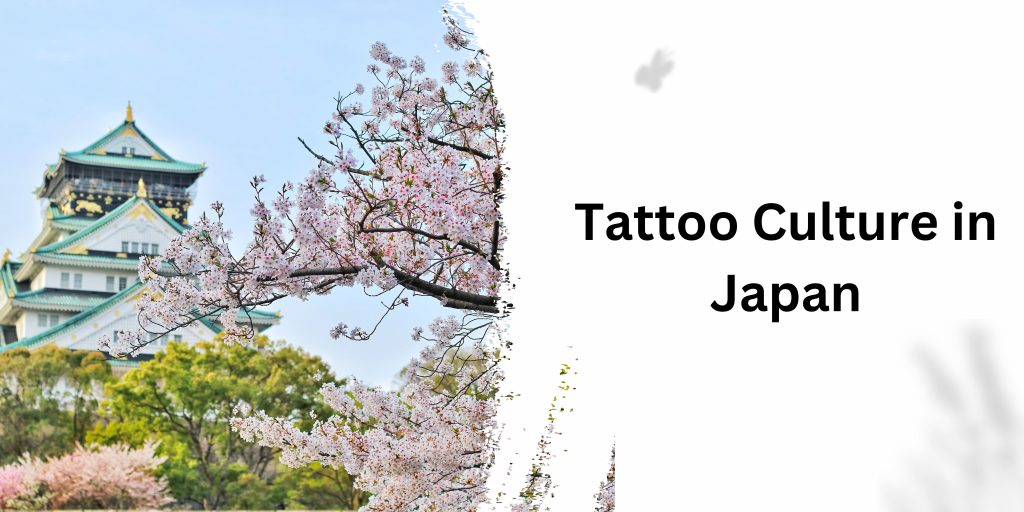
In the West, tattoos are often seen as expressions of personal identity or artistic statements. In Japan, however, the history of tattoos has a different narrative. Centuries ago, tattoos held a connection with criminality. Convicts were marked with tattoos to signify their transgressions, creating a societal association between ink and wrongdoing.
Over time, this association extended to the infamous Yakuza, Japan’s organized crime syndicates. Yakuza members proudly adorned their bodies with intricate tattoos, showcasing their allegiance to the underworld. Consequently, the public started viewing tattoos as symbols of rebellion and criminal intent.
Why Do Tattoos Have a Bad Impression in Japan?
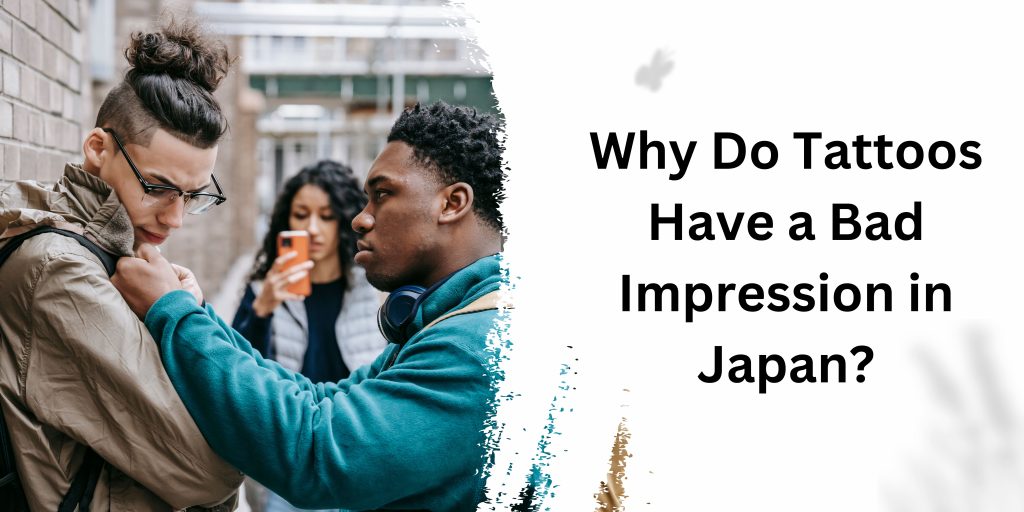
To understand why tattoos are taboo in Japan, it’s crucial to delve into the country’s cultural nuances. Japan places immense value on conformity and harmony within society. Individualism often takes a back seat to the collective good. In this context, tattoos, with their historical ties to crime and defiance, clash with the ingrained principles of Japanese culture.
The Japanese mindset associates tattoos with a sense of separation from the group. It’s akin to shouting in a library – disruptive and against the established order. This perception intensifies the taboo surrounding tattoos, creating an unwritten social rule against flaunting inked skin.
Japanese Society’s View on Tattoos
While the association between tattoos and criminality has waned, the societal disdain for body art persists. In contemporary Japan, tattoos are often linked with a lack of respect for tradition and cultural norms. Despite the increasing globalization of Japanese society, traditional values remain deeply rooted.
Employers in Japan, for instance, frequently frown upon visible tattoos. Many businesses enforce strict dress codes that prohibit employees from displaying their ink. This becomes a major concern for individuals working in professional environments, where conformity is not just encouraged but expected.
Are Tattoos Illegal in Japan?
Contrary to popular belief, tattoos are not illegal in Japan. However, the legal landscape has not always been so accommodating. Historically, the Japanese government implemented anti-tattoo policies to curb criminal activities associated with body ink. The regulations, however, have softened over the years.
In recent times, public opinion has played a significant role in shaping the perception of tattoos in Japan. The younger generation, more exposed to global perspectives, tends to be more accepting of tattoos. Consequently, the government has been less stringent in enforcing anti-tattoo laws, recognizing the evolving attitudes towards body art.
Read More: Which countries reject visa for having tattoos?
Summary
In essence, the taboo surrounding tattoos in Japan stems from a historical association with criminality and defiance. This, coupled with Japan’s emphasis on societal harmony and conformity, has led to the stigmatization of body ink. While the legal landscape has become more tolerant, deeply ingrained cultural perceptions still influence how tattoos are viewed in various aspects of Japanese society.

